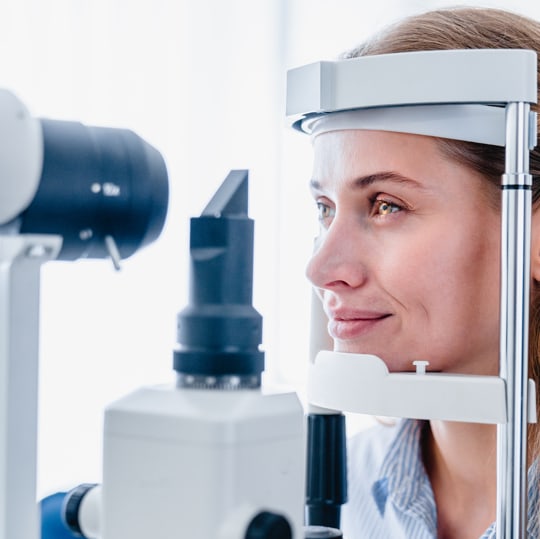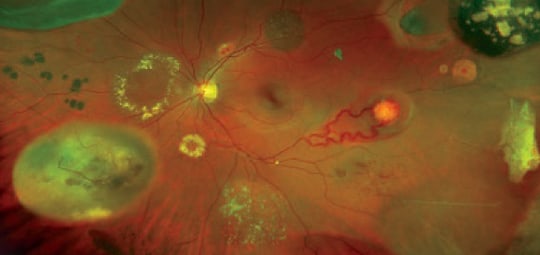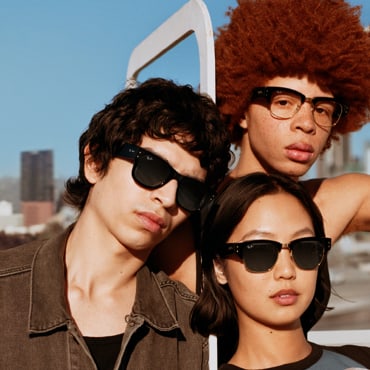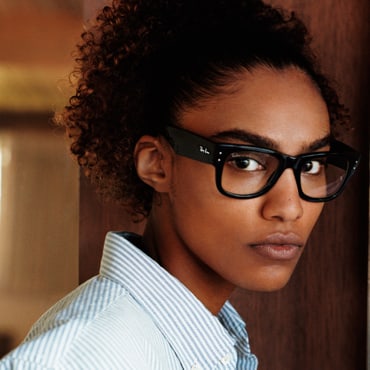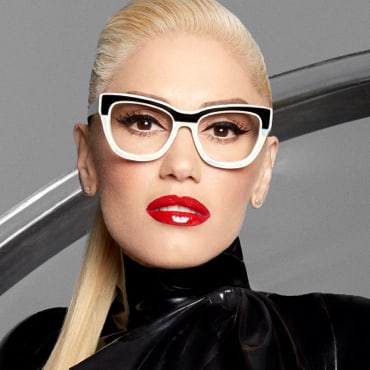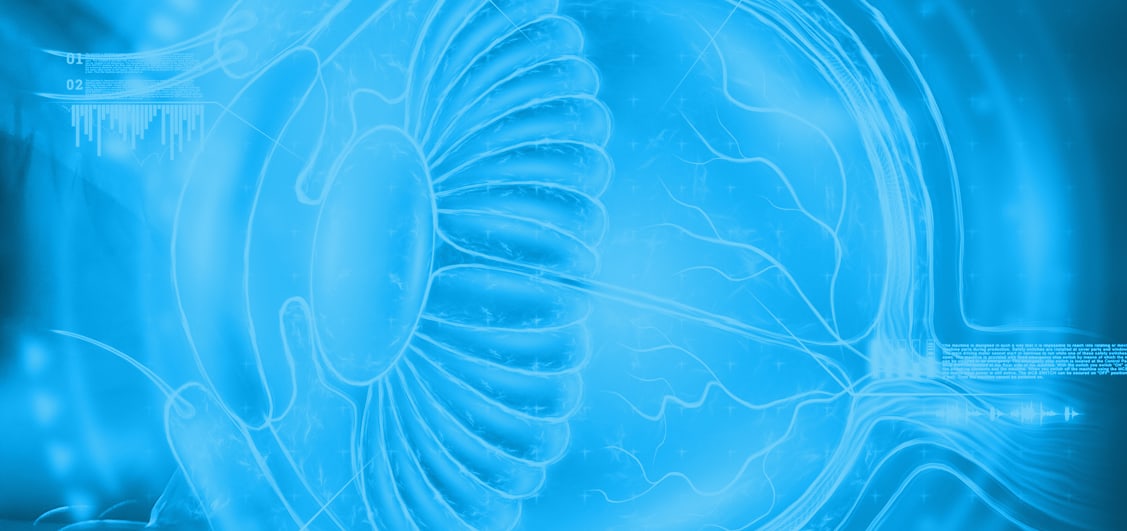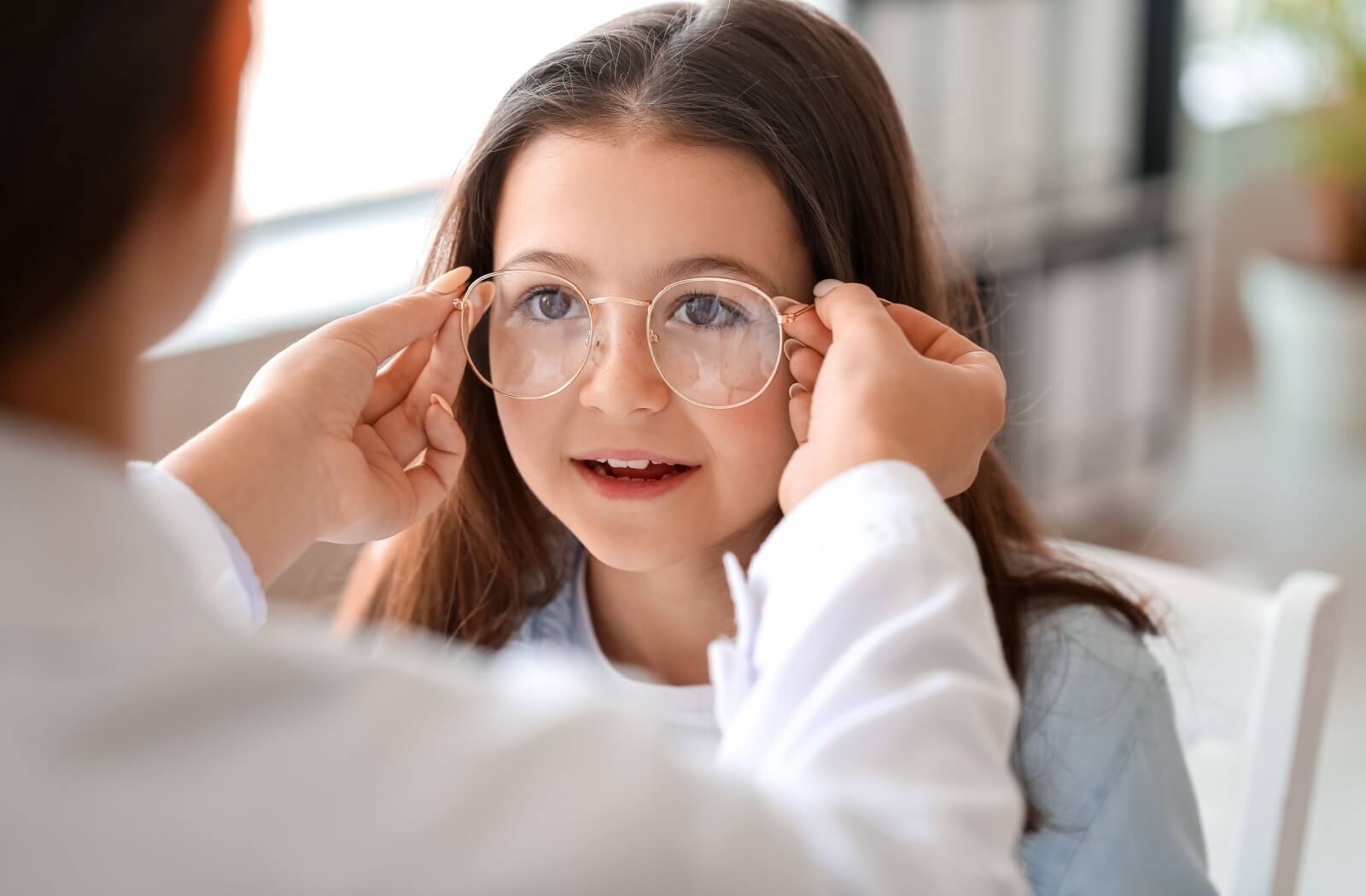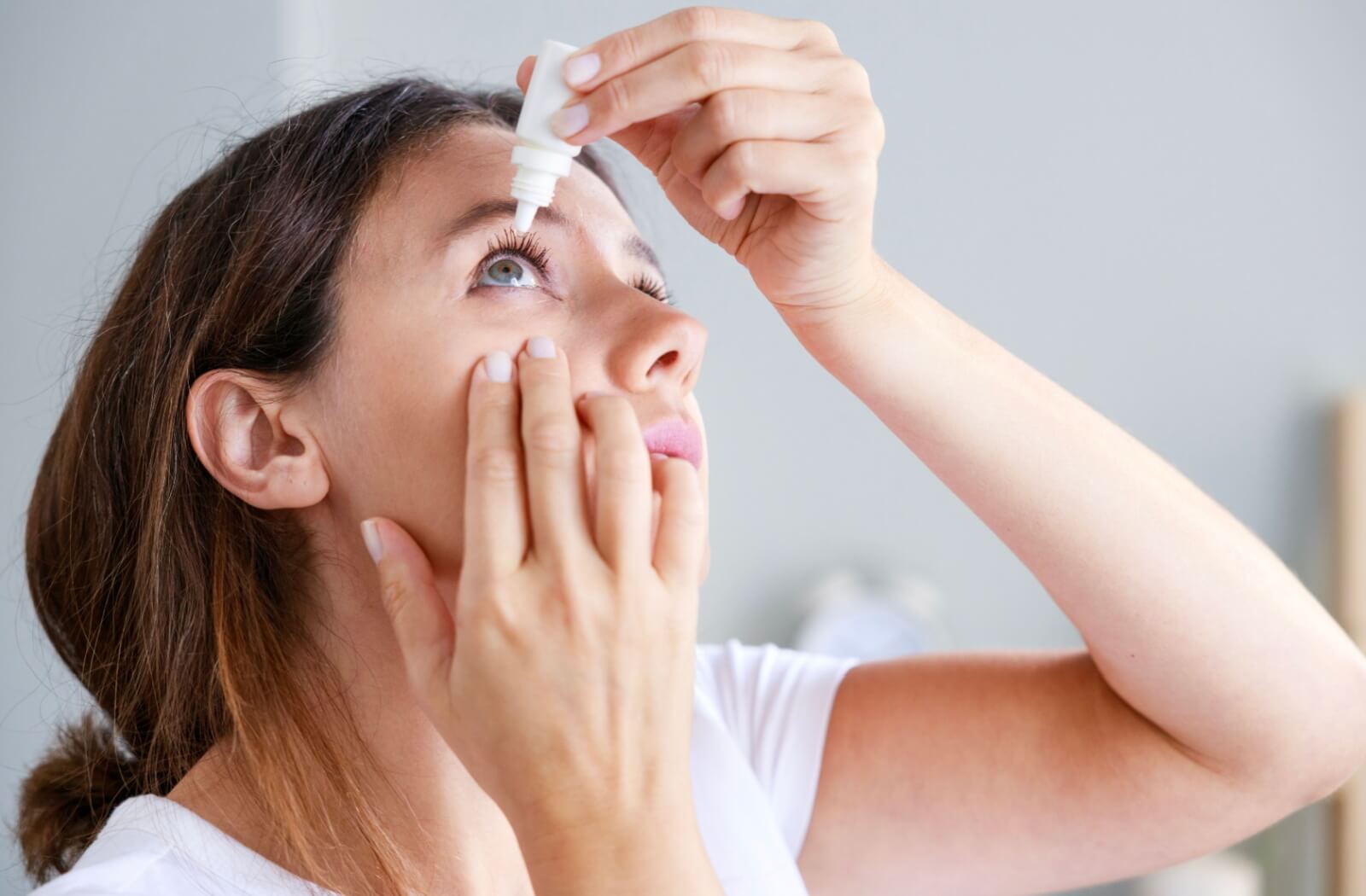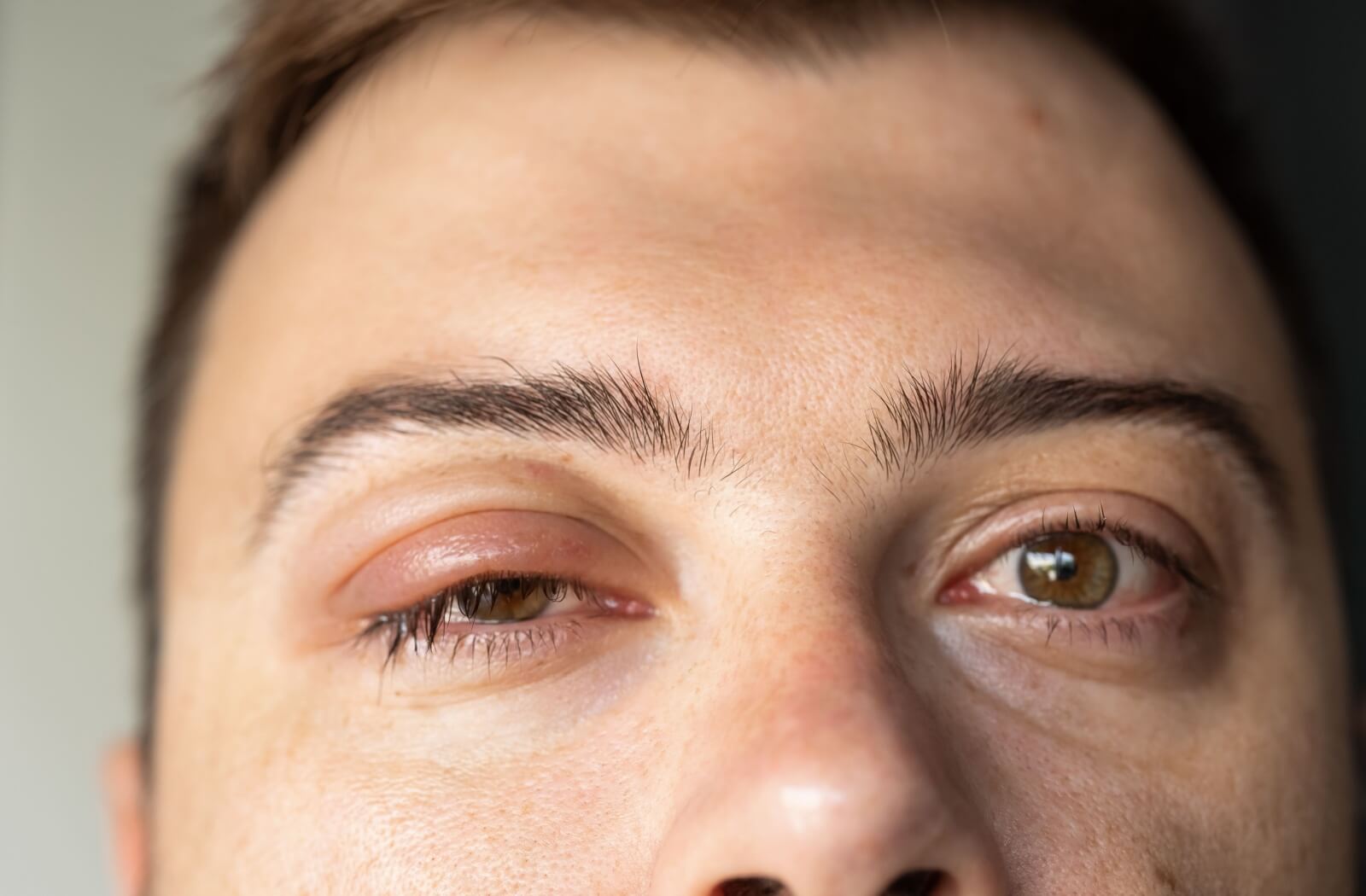Dry eyes and headaches are both fairly common experiences. But have you ever wondered if there’s a connection between the two? Can dry eyes actually cause headaches, or are they just two separate issues that coincidentally occur at the same time?
Dry eyes and headaches often go hand-in-hand. While dry eyes may not be the sole culprit behind a headache, they can contribute to a headache’s onset or intensity, especially when combined with factors like eyestrain and fatigue.
What Is Dry Eye?
Dry eye syndrome, or dry eye, occurs when your eyes can’t produce enough tears or the tears produced evaporate too quickly. Tears might seem simple—just a bit of water, right? In fact, however, tears are a delicate mix of water, oils, and mucin designed to keep your eyes lubricated, protected, and healthy.
When this system fails, you might experience frustrating symptoms such as:
- A gritty or scratchy feeling in your eyes
- Blurred vision
- Redness
- Sensitivity to light
- A stinging or burning sensation
Dry eyes are common and can be caused by various factors, including extended screen time, aging, hormonal changes, medications, and environmental conditions. Often, the discomfort of dry eyes feels localized to the eyes themselves. For some people, however, the condition seems to be linked to other symptoms, including headaches.
How Can Dry Eyes Trigger Headaches?
At first glance, it might seem odd that dry eyes could lead to headaches. However, the body is a complex, interconnected system where one issue can often ripple outward, manifesting in unexpected ways. Here’s how dry eyes and headaches might be linked:
Eye Strain
When your eyes aren’t adequately lubricated, you may strain to see, read, or focus. This strain puts extra pressure on the muscles surrounding the eyes, particularly those in the forehead and temples. Over time, this tension can lead to tension headaches—one of the most common types of headache.
For instance, working long hours in front of a computer screen with dry eyes can increase the risk of eye strain. The extra effort your eyes exert to compensate for dryness can leave you feeling fatigued and result in a headache by the end of the day.
Light Sensitivity
Dry eyes often make you more sensitive to light, a condition called photophobia. Bright lights or glare can become a headache trigger, especially for those predisposed to migraines. A brightly lit work office or sunlight reflecting off surfaces can exacerbate both your dry eyes and the likelihood of developing a headache.
Inflammation and Fatigue
Chronic dry eye can lead to inflammation of the eye’s surface. This inflammation may extend to surrounding areas, including the forehead or temples. This, in turn, can contribute to a persistent mild headache.
Additionally, dryness-induced discomfort can disrupt your sleep or make it harder to concentrate, thereby exacerbating headaches.
Differentiating Dry Eye-Related Headaches from Other Headache Triggers
One tricky part of diagnosing whether dry eyes are contributing to your headaches is that most headaches are multifactorial. In other words, headaches often have multiple causes.
But how can you tell if dry eyes are the culprit, or whether some other factor—like stress, dehydration, or poor posture—is to blame? Here are some clues:
- Location: Dry eye-related headaches often manifest as tension across your forehead or around the temples.
- Timing: If your headaches tend to coincide with extended periods of reading, screen time, or exposure to dry, windy environments, your dry eyes could be contributing.
- Other symptoms: Are your headaches accompanied by red, itchy, or scratchy eyes? A combination of these signals could mean the two problems are related.
Ultimately, identifying the cause of your headaches may require tracking your symptoms over time or consulting with a specialist.
How to Treat Dry Eye
If you suspect dry eyes might be causing or worsening your headaches, the good news is that there are practical steps you can take to alleviate both issues. Let’s have a look at some of the options.
Use Artificial Tears
Over-the-counter artificial tears can help lubricate your eyes and alleviate dryness. Look for preservative-free varieties if you have sensitive eyes or use them frequently throughout the day.
Follow the 20-20-20 Rule
Reduce eye strain by taking breaks during screen time and following the 20-20-20 rule: for every 20 minutes of work, look at something 20 feet away for at least 20 seconds. This can give your eye muscles a much-needed rest.
Adjust Your Environment
If you work in an air-conditioned or windy space, consider using a humidifier to add moisture to the air. Avoid sitting directly in front of fans or vents that could dry your eyes.
Get a Professional Dry Eye Treatment
If over-the-counter measures aren’t providing relief, an eye doctor can provide targeted treatments such as prescription eye drops, punctal plugs (to retain natural tears), or in-office therapies.
Common in-office treatments like BlephEx focus on cleaning the eyelids and clearing hardened oils out of the glands in the eyelids that can cause dry eye.
When to Seek Medical Advice
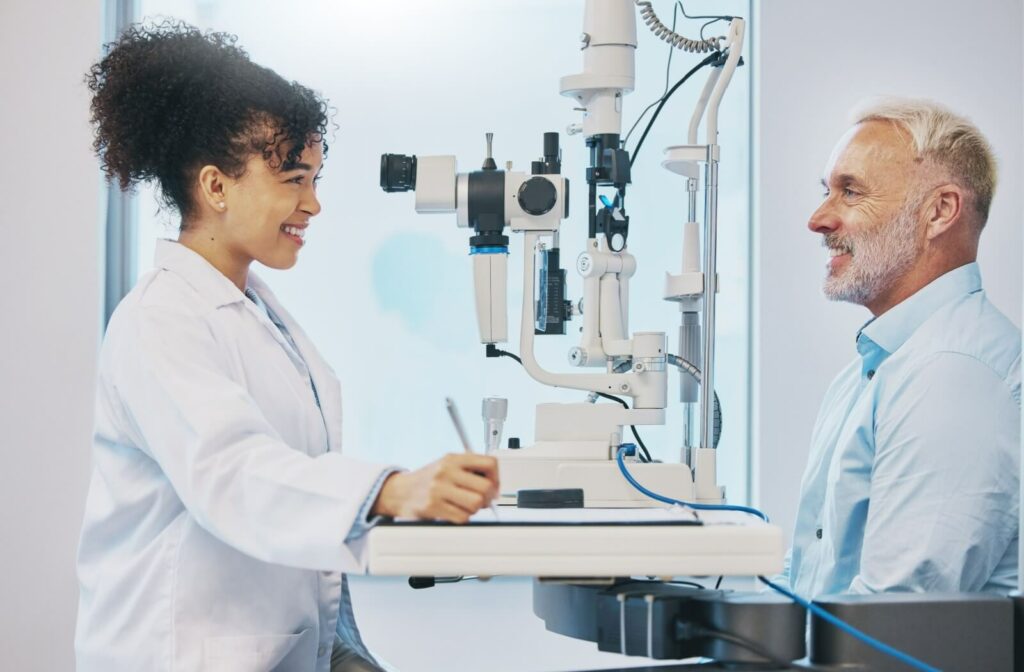
While occasional dry eye and headaches are common, it’s important to seek medical advice if:
- Your headaches persist despite trying home remedies.
- You experience extreme light sensitivity or blurred vision that doesn’t go away.
- Your symptoms are affecting your daily activities or your overall quality of life.
Sometimes, what seems like a minor problem can indicate a larger issue, such as migraines, sinus infections, or autoimmune conditions that need to be addressed by a professional.
Find Dry Eye Relief
Living with dry eyes and frequent headaches can feel draining, but it’s possible to find relief by addressing the root causes of these conditions. Whether it’s upgrading your hydration routine, using artificial tears, or speaking with a specialist, taking proactive steps will reduce your discomfort and improve your well-being.
At Eyesis Eyecare, we offer dry eye therapy to help you find relief. Book an eye exam with us today to get started on the path to more comfortable eyes.




